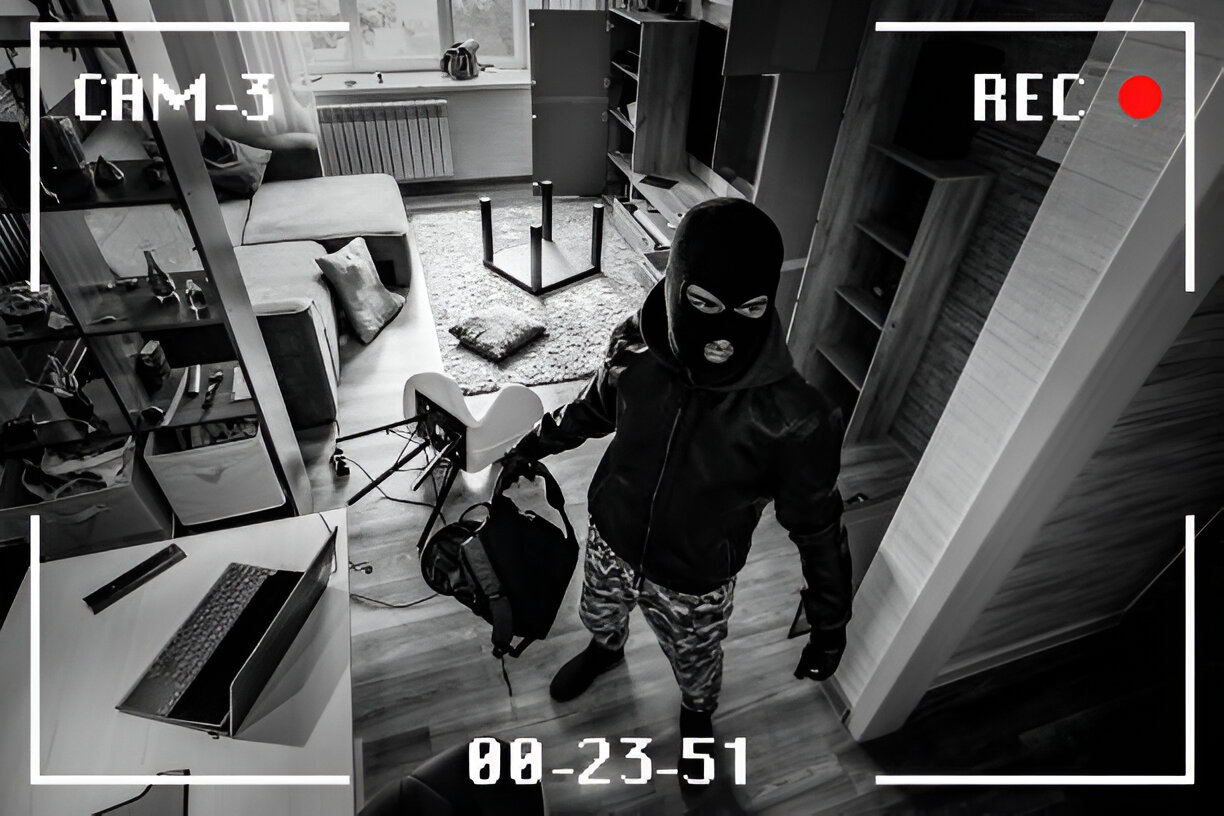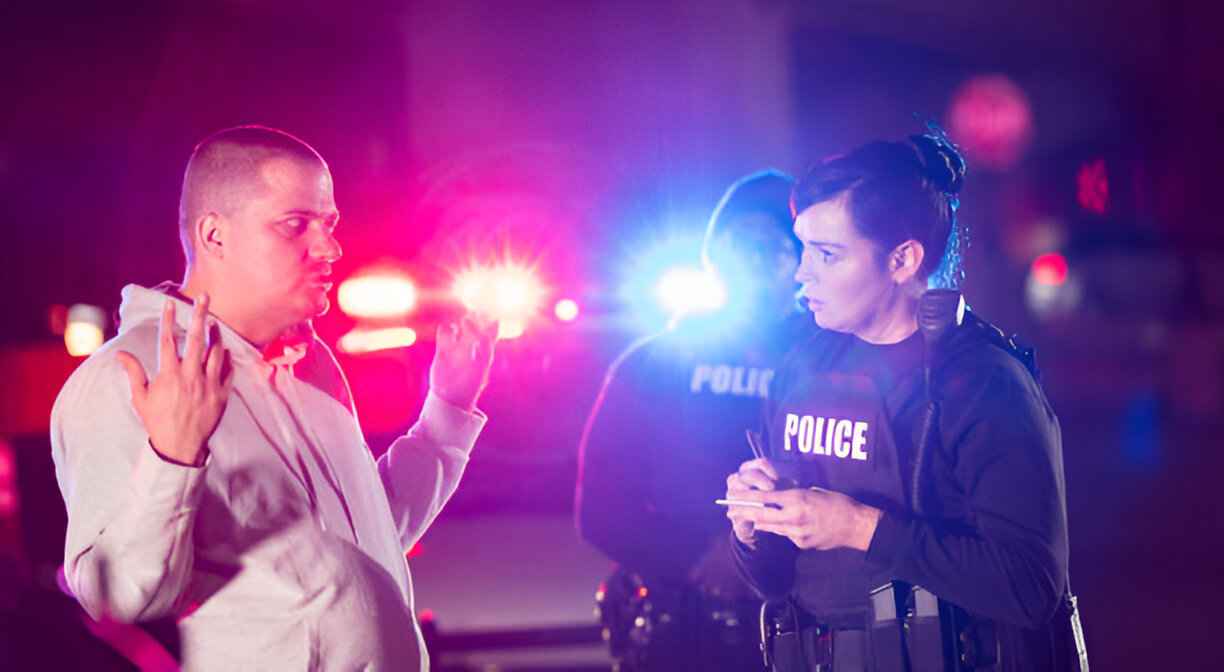When you suffer an injury due to unsafe conditions on someone else's property, proving negligence is essential to securing compensation. Property negligence cases, also known as premises liability claims, require solid evidence to demonstrate that the property owner or manager failed to maintain a safe environment. Without sufficient proof, it can be difficult to establish liability and recover damages for medical expenses, lost wages, and pain and suffering. Understanding what evidence you need for a property negligence case can strengthen your claim and improve your chances of a successful outcome.
Photographic and Video Evidence

One of the most compelling forms of evidence in a property negligence case is photographic or video documentation. Capturing images of the hazardous condition that caused your injury can help establish that the property owner failed to address a dangerous situation. For instance, if you slipped on a wet floor with no warning signs or tripped over uneven pavement, pictures can provide a clear representation of the hazard.
Security camera footage can also serve as valuable evidence, as it may show the exact moment of the accident. If the incident occurred in a commercial space, such as a store or restaurant, request access to surveillance footage before it is deleted. Videos can help prove that the property owner or employees were aware of the dangerous condition but failed to take corrective action.
Witness Statements

Eyewitness testimony can support your claim by providing an unbiased account of the accident. If others were present when you were injured, their statements could help verify what happened and confirm that the hazardous condition was visible and preventable. Witnesses may include bystanders, employees, or other visitors to the property.
Additionally, expert witnesses, such as safety professionals or engineers, can provide testimony regarding building codes, maintenance standards, and property owner responsibilities. Their insights can strengthen your case by proving that the property owner neglected their duty of care.
Medical Records and Bills
Medical documentation is critical in proving the extent of your injuries and the associated costs. Seeking medical attention immediately after an accident creates a clear link between the incident and your injuries. Your medical records should include diagnoses, treatments, medications, and rehabilitation plans. Without proper documentation, the defense may argue that your injuries were pre-existing or unrelated to the accident.
Tracking all medical expenses is crucial when pursuing a claim. This includes costs for emergency care, surgeries, rehabilitation, and prescription drugs. If long-term treatment is necessary, estimating future medical expenses is essential to secure fair compensation. Consulting in Albuquerque for premises liability attorney can help ensure that all current and future medical costs are properly accounted for in your case.
Incident Reports
If your accident occurred at a business or commercial property, filing an incident report is crucial. Many establishments have procedures for documenting accidents on their premises. Request a copy of the report, as it may contain important details such as the time and location of the incident, witness statements, and any initial response from the property owner or employees.
Even if the property owner does not provide an official incident report, documenting the event in writing soon after the accident can help strengthen your claim. This includes noting key details such as the conditions of the property, the presence (or absence) of warning signs, and any conversations with staff or management.
Maintenance and Inspection Records
A history of property maintenance and inspections can reveal whether the owner was aware of potential hazards. If the property owner neglected routine inspections or failed to repair known dangers, this could demonstrate negligence. Requesting these records can help establish patterns of inadequate property upkeep.
In cases involving rental properties or commercial buildings, lease agreements and safety regulations may also provide insights into the responsibilities of property owners and tenants. These documents can be used to prove non-compliance with safety codes and regulations.
Conversely, well-documented maintenance records can help property owners defend themselves against liability claims. Ensuring that these records are properly examined can make a significant difference in proving fault and securing fair compensation for medical expenses, lost wages, and other damages—causes that impact settlement in injury cases.
Communication Records
If you had prior communication with the property owner or management regarding hazardous conditions, preserving emails, text messages, or written notices can support your claim. These records can demonstrate that the property owner was aware of the danger but failed to take corrective action.
Additionally, any correspondence after the accident, such as denial of liability or low settlement offers, can be used to show how the property owner responded to your claim. Keeping a record of all interactions related to the case can be beneficial in proving negligence.
The Role of Legal Assistance
Navigating a property negligence case can be complex, especially when gathering the necessary evidence. Consulting an experienced premises liability lawyer can help ensure you build a strong case. A legal professional can assist with obtaining surveillance footage, interviewing witnesses, and collecting crucial documentation.
Additionally, an attorney can work with medical experts, accident reconstruction specialists, and safety professionals to establish liability. They will also negotiate with insurance companies to ensure you receive fair compensation for your injuries, lost wages, and pain and suffering.
Conclusion
Proving negligence in a property injury case requires substantial evidence, including photographs, witness statements, medical records, and maintenance reports. Property owners have a legal duty to maintain safe premises, and when they fail to do so, they can be held accountable for injuries that occur as a result. By gathering the right evidence and seeking legal guidance, you can strengthen your claim and improve your chances of securing fair compensation for your damages.